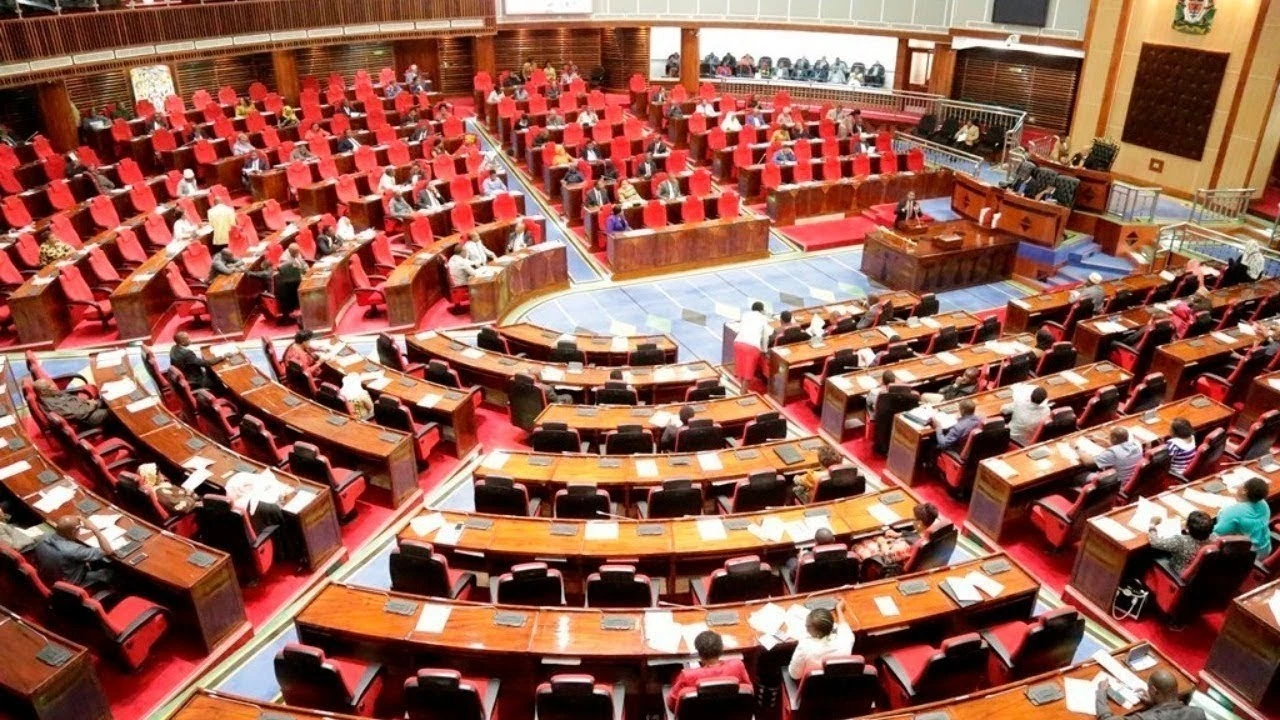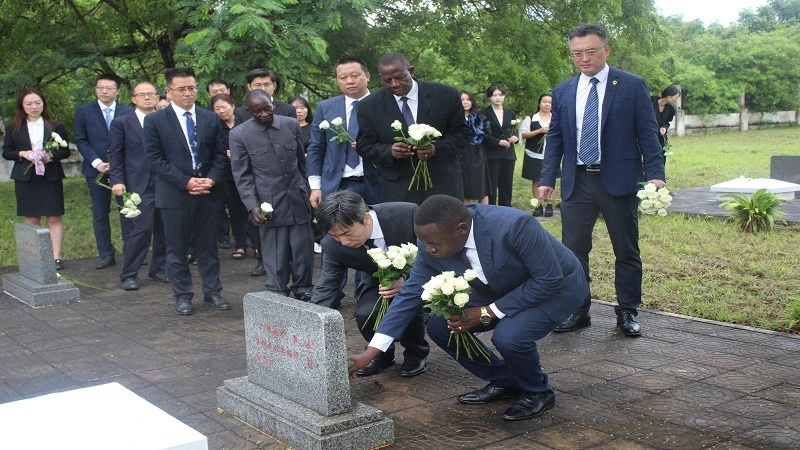Special Seats term limits positive, but hardly the rest of the clamour

IT was not surprising that a range of political analysts applauded the ruling party’s decision to institute limit terms for Special Seats MPs, but there was some surprise at least in more sober minded quarters as to wishing that term limits be anchored in the law on elective political positions generally. There was an incomes and talent galore approach to the matter, which astonishingly was raised even by acknowledged academics, who ought to have been mindful of constitutional government principles, not ‘being there too long’ sort of argument. It was clear this was the main point of reflection, whereas it is the popular will that is at issue, even sovereignty, whereas Special Seats are not elective, thus have a strong element of preference, not sovereignty.
Another fairly misplaced insistence was that the change even in the ruling party should have started in the coming general election instead of 2030, but at least one of those interviewed put in the clarification that the time lapse provides space to absorb the shock in various quarters. Those making the demand appeared to figure out only the incumbents would be disturbed by the term limits amendment, as the rest would applaud as opportunities were opening up. It is tantamount to incomprehension of political representation, as to how far the sentiments of the constituents are tied up with aspirations of the contender or incumbent. It isn’t a matter of how long it has taken.
Saying that the term limits decision is positive but would have been more impactful as electoral law rather than a party-based initiative was hyped, as even within a political party it is a choice of that should be the case, for instance if a member can step down after two terms and vie again after at least one term, etc. In some countries an individual can vie again for the presidency after staying away for one term upon completion of two terms, where the issue isn’t that someone else has had an opportunity to lead or to earn some cash but will of the people, When individual stay for too long as heads of government or the state as a whole they can create networks that are harmful for the public interests, and basically term limits are designed to check such tendencies.
There were clear errors of constitutional norms in asserting that holding Special Seats be regulated by a law provision specifically for the purpose, by comparing the issue with the presidency, as it has constitutional term limits. Similar to the Special Seats issue is party leadership, in the fact that it is up to those compositing its rank and file or elected leadership to concur on the issue, not one set out in law, as any association is free to decide how it is run, and by whom. Only in the case of the presidency is there need for explicit constitutional controls as anyone holding that position, however popular the fellow might be, would have friends and enemies. It is required that this divide doesn’t consolidate and ought to remain an alliance while the fellow holds reins of office.
The point is that other than the president, all other authorities have powers above them and thus they can be brought back to position is they veer out of line. A parliamentarian who serves three or four terms can’t damage the constituency or the district, as there are authorities in place which don’t report to him, and which streamline the way a constituency MP works with the people. The constituents have a right to reinstate him in the position repeatedly as that would never pose a danger to the public and it reflects effective representation, so no one needs to be especially disturbed by seeing the ‘same faces’ in the legislature all the time, that it become a career, etc.
Top Headlines
© 2025 IPPMEDIA.COM. ALL RIGHTS RESERVED

















